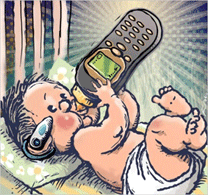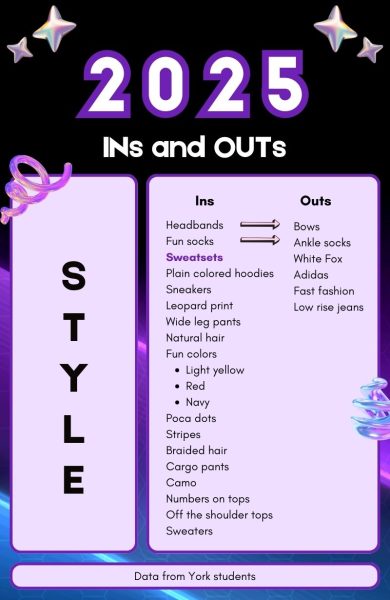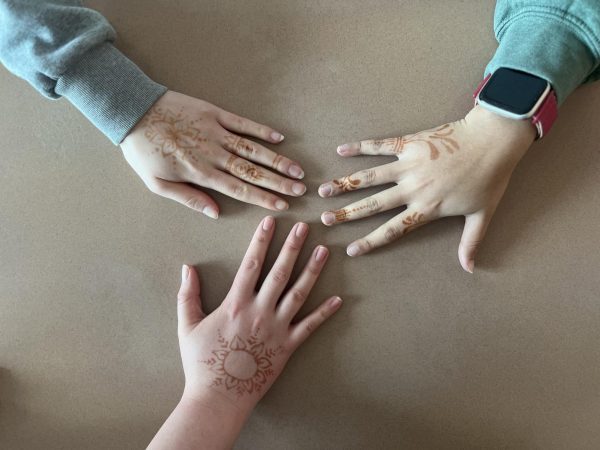Table 202: Commentary on Children’s use of Technology

Think of how many ideas are manufactured by the mind of an 8-year-old, multiply that by the number of 8-year-olds to ever exist. That’s an infinite amount of creativity.
At one time these youngsters had the purest of thoughts, hopefully shielded from the demons of aging, free to think with no background noise. But to what extent has this been corrupted by our constant thirst for technological advancement, and has every generation going forth thought of their precious youth as harmed by the inventions of their time?
Last Saturday I was at work, bringing mini burgers, tater tots, and quesadillas from one table to another. The restaurant roared with the chatter of folks unwinding, rewinding, and replenishing. I picked up an order: plain quesadillas and steak quesadillas. I strolled over to table 202, a high top in the bar and set down the first order for a young woman sipping on a glass of red wine. She made room for the second plate in the place in front of her son. The boy sat there, all his senses devoted to the gadget in his hand. This iPad, produced by Apple, by a man who once had bright inventive eight year old ideas. The way the boy sat there, earbuds in his ears, eyes glued to his screen startled me. He was completely removed from the activity around him in all ways except physical.
I returned to my food running station and wondered about the memories of my childhood near and far. I am among the last of a generation of kids that didn’t grow up alongside the family iPad. A portable DVD player was not a baby bag essential, and I did not have multiple social media accounts by the time I was twelve. This all seems absurd, until I try to place myself into the minds of my parents who look at their childhood and think, ‘I did not have a cell phone in 8th grade, and the iPhone was a futuristic dream in my day.’ So where did all the technological abuse begin?
Watching this boy, sitting across from his mother, the two sat there in each other’s presence but not necessarily in each others company. I wondered—how can this boy cherish memories of his childhood if there is no potential for them to happen? My mind wandered to memories of my own and I rewound to when I was about his age at a Mexican restaurant called “La Hacienda,” sitting at a circular table with the five other members of my family. We sat with bowls soup in front of each of us, always my favorite part of a meal there. I recall my siblings and I running up to a window where we watched a woman prepare tortillas from scratch. With my nose pressed against the window, I remember thinking she was a princess, captured, waiting for her prince to come save her. This was a fairytale I had created fresh from my 8-year-old-mind. The woman gave the four of us our own pieces of dough to entertain ourselves with while we waited for our dinner. My mother and father chatted about events of the week and who would take my brother to his soccer game that Saturday. I remember us exiting, the loud family we are, snatching a handful of dinner mints before racing to the minivan to get “the spot”, the seat closest to the door of the car. We were all in a rush to get home to play ghost in the graveyard with the neighborhood boys.
A specific, perhaps not greatly significant memory. But recalling it reminds me of the way I want my mind to function: simplistic in its mechanics but complex in its intentions.
I imagined the boy getting in the car with the same screen in front of him. He returns home and switches to a screen accompanied by a gaming system. The way I see it, this young man is being deprived of a life full of memories.
Having this technology at the disposal of our youth is where the technological abuse begins—barely giving them opportunities for simple memories and setting them up for a thirst for video game victories instead of childhood adventures. And even worse, distracting children under the age of one with an iPad propped at the dinner table to prevent any meltdowns. Technology has become a natural prop that these children won’t grow out of when the pacifier and diapers go away.
It’s an exaggeration to say childhood no longer exists or even to say it’s corrupt, but what will this boy sitting at table 202 with his mother remember? What will his childhood memories consist of?










